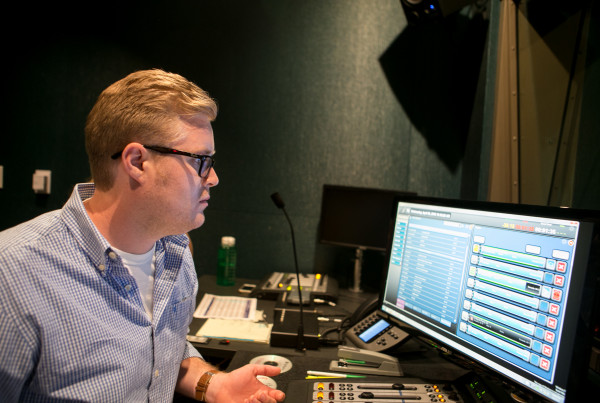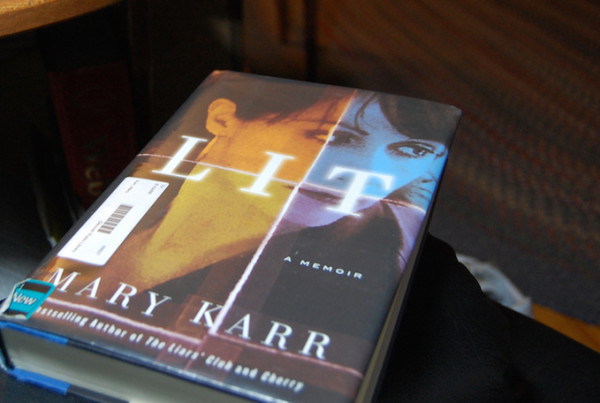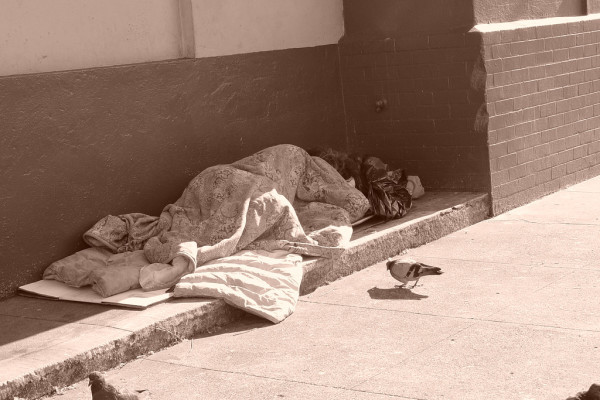Despite a war, changes to the constitution and to state and federal laws, slavery continues to be very much a part of the American story. We’ve seen it echoed in the controversies in the use of police power and the consistent iconography of the confederacy.
But much of what we know about the first-hand experiences of the slaves themselves comes from written accounts – transcribed interviews done in the 1930s using stereotyped misspellings.
Limits of technology and foresight, however, means there’s very little audio evidence of it. In fact, there’s only over four hours of recorded interviews from ex-slaves from the 30s and 40s. The actual voices of former slaves themselves are seldom heard. But now, there’s been an astonishing discovery.
A journalist discovered one these narratives after coming across her own family’s slave-owning history. She found 17 minutes of recorded audio, speaking to us from history. It’s the unadulterated voice of Harriet Smith, a freed Texas slave.
Debbie Nathan is a journalist and native Texan. She found the audio in the University of Texas at Austin’s Briscoe Center – a history research center focusing on Texas and key moments in the U.S.
Nathan joins the Standard to talk about what she heard – moments in slave history she’d never come across in her research before.
“It started out as a personal journey,” Nathan says. “I actually found out last year that my own Jewish family in the south – who came a little bit before the civil war – that they owned a couple of slaves in Mississippi before they emigrated to Texas. “
That was particularly surprising to her, Nathan says. “That was a really strange discovery given that my parents were civil rights activists,” she says. “It weighed very deeply on me, and I started reading a wad of slave narratives.”
When she found the mp3 of Harriet Smith at the Briscoe Center, Nathan says it rang a bell. “I knew that name because I had listened to a recording from the Library of Congress and I knew that she was an ex-slave that John Henry Faulk had recorded and given some of that material to the library of congress many many years ago.”
John Henry Faulk was an Austin local storyteller and speech writer. In the 1930s he recorded Central Texas African-Americans for his master’s thesis.
Harriet Smith was a slave in Hays County, a few miles south of Austin, until she was 6-and-a-half years old. Nathan says she was liberated on Juneteenth in June 1865.
Nathan says the recording of Smith’s were incredible to hear. “You just hear tremendous dignity,” she says. “It’s amazing when you think that you’re hearing the voice of somebody who was a slave before the end of the Civil War and that voice just jumps out at you. It’s really very powerful.”
Listen to the voice of Harriet Smith below:














